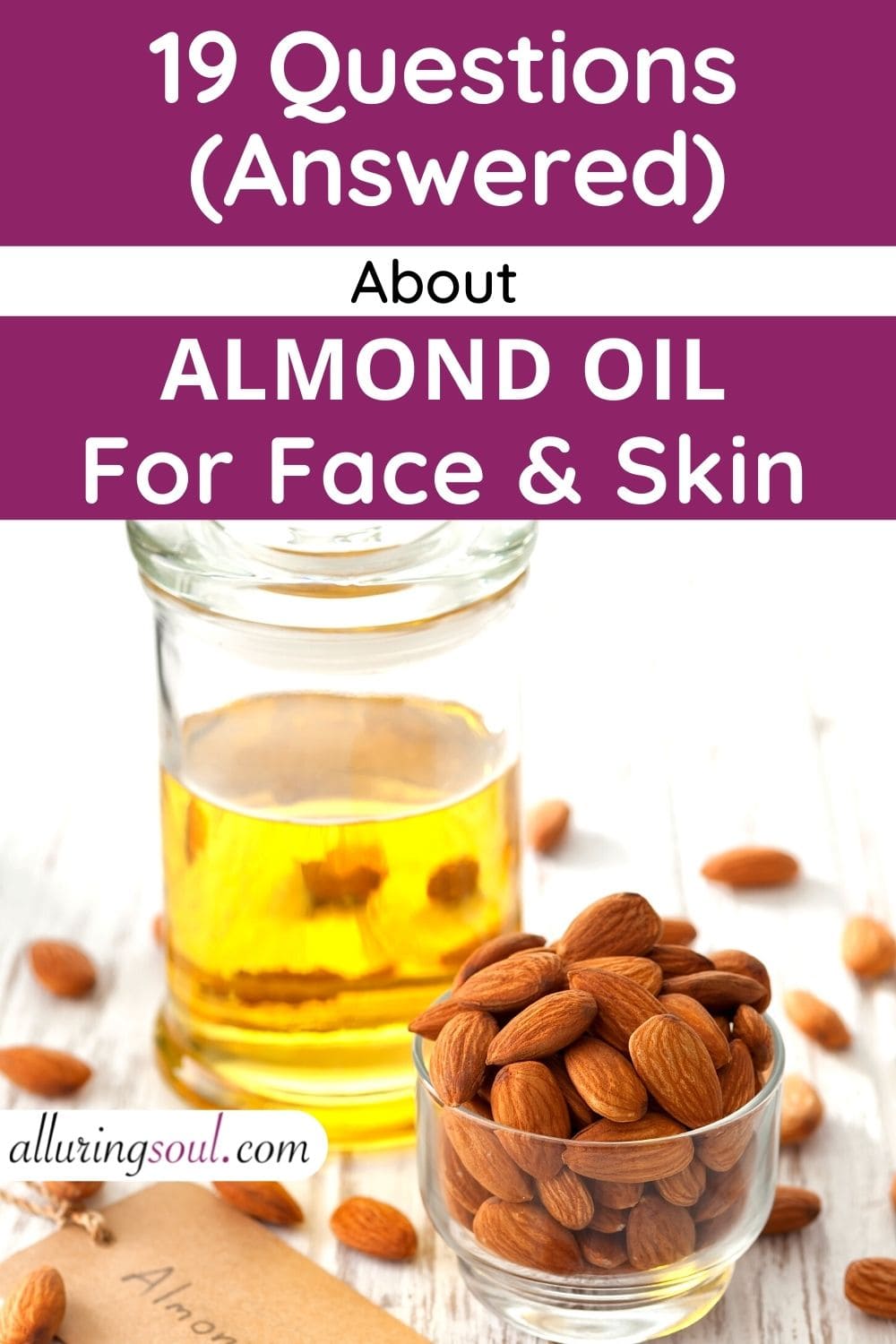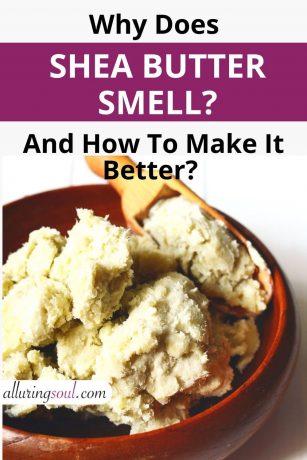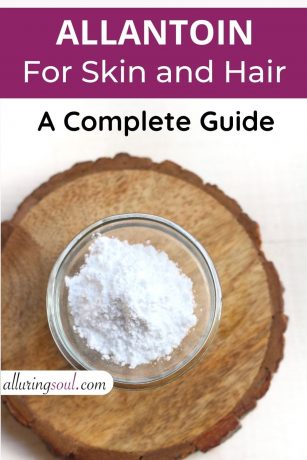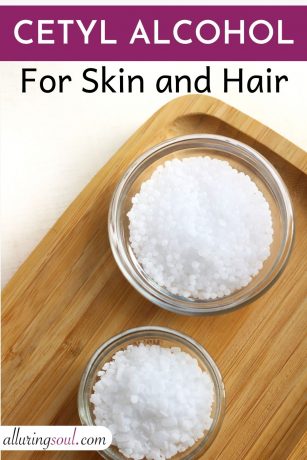Almonds are considered to be the king of nuts. With chock full of healthy fats, vitamins, and minerals, they are a nutritional powerhouse. The benefits this nut comes with seem to have no limits!
No wonder why the oil derived from this particular nut is so well used in the beauty and skincare industry. Almond oil has immense benefits for the skin and face.
Almond oil was even used during ancient cultures to treat wounds and cuts.
But their list of benefits runs longer than that.
And if this oil has caught your attention, too, read through this most frequently asked questions with answers about almond oil for skin and face.
You are sure to find the answer to the questions that may spring to your mind if you are planning to buy one.
1. Can almond oil reduce stretch marks?
As claimed by a study, almond oil has proven to be an effective ingredient to prevent the spreading as well as the formation of stretch marks on the skin.
It does so due to the softening properties the oil possesses.
The oil softens the skin so that it can stretch without the exacerbation of the marks, as soft skin can control the stretching better than untreated skin.
This is also the reason why pregnant women are always given the advice to rub and massage sweet almond oil on their stretch marks.
2. Does almond oil protect you from the sun?
Almond oil is an excellent product to protect skin from the sun.
The high concentration of Vitamin E in the oil provides antioxidant properties which prevent damages caused by harmful UV exposure from the sun.
Moreover, it also repairs the skin cells that have already become a victim of the damages (premature aging and inflammation) caused by the sun.
Using it along with your daily SPF will increase the sun protection benefits.
3. Is almond oil good for acne-prone skin and pimples?
Yes, Almond oil is good for acne-prone, pimples, and oily skin.
Almond oil is a good natural alternative to harsh chemicals targeted to remove acne.
And there are mainly two reasons why this is so.
Firstly, the fatty acids contained in the oil have the ability to dissolve the excess sebum from the face. This then helps to prevent the formation of acne caused by the build-up of sebum.
And secondly, because it has Retinoids, a great ingredient known to reduce the appearance of acne and inflammation. It does so by unclogging the pores from dirt, grime, and sebum.
4. Can almond oil reduce dark circles?
As mentioned before, almond oil is packed with antioxidant properties due to vitamin E, magnesium, phosphorus, and copper, and anti-inflammatory properties.
And these properties help to lighten the appearance of dark circles under our eyes.
Moreover, almond oil, due to its amazing moisturizing qualities, keeps the delicate skin under eyes well-hydrated and smooth that also helps to reduce the dark under-eye bags.
The skin under the eyes tends to be thinner than the rest of the areas; thus, they get dehydrated easily by Almond oil.
5. Can almond oil reduce acne scars?
Almond oil is rich in the mineral zinc, an ingredient known to be an excellent treatment for acne scars.
Also, the vitamin E in the oil evens out skin tone, which ultimately leads to the reduction of size and appearance of acne scars. Incorporate the oil into your daily skincare routine to observe noticeable changes.
Moreover, ancient Chinese and Ayurvedic medicine even used almond oil to treat scarring.
6. Is almond oil good for dry skin?
Yes, almond oil is good for dry skin.
It is considered to be an excellent emollient, a type of moisturizer that softens dry, rough, and flaky skin.
While the fatty acids in it help to lock in the moisture, Vitamin E is responsible for repairing the irritation caused by the dryness of the skin.
It leaves the skin so well-hydrated and smooth that it is even used to treat dry skin conditions and remove any dry spots from the skin.
7. Is almond oil a good cleanser?
Almond oil is a great cleanser.
Add a few drops of essential oil to your almond oil and use the mixture to cleanse your face.
Since it is an oil-based cleanser, you may need to use it twice to remove all the dirt and dust residue on your face.
Almond oil is also found as a component in many natural makeup remover products. It removes all traces of makeup, even the stubborn eye makeup.
8. Is it safe to use almond oil on the skin? What precautions to take while using it?
The side effects of almond oil are scarce.
However, if you have a nut allergy, avoiding this oil is for the best of your health, as putting it on your skin is as bad as ingesting it.
And if you are using it for the first time, doing a patch test before applying it to your skin is always recommended.
9. Can almond oil lighten skin?
Yes, almond oil can lighten skin.
Almond oil is a highly nourishing oil with its richness in Vitamin A and E. This behavior improves the overall complexion of the skin and revives your natural glow. Hence, it brightens up the skin, which may give it an impression of lightening skin.
10. Can almond oil remove dark spots?
Yes, almond oil helps remove dark spots.
Since the oil is the natural source of many powerful antioxidants like Vitamin E, studies have proven that they help to prevent the formation of scarring, whether it’s dark spots, marks, or even acne scars.
The Vitamin E in it improves the affected skin cells giving it a smooth and even skin tone.
11. Does almond oil remove tan?
Almond oil can remove tan by restoring the natural skin complexion due to the richness of antioxidant Vitamin E.
Studies have shown that the oil can reduce the skin damage caused by exposure to UV rays. In fact, it also prevents further tanning with its minimum SPF qualities.
To remove the tan effectively, mix the oil with lemon juice and honey and apply it to your skin.
12. Can almond oil be used as a makeup remover?
Almond oil can make an amazing natural makeup remover. Unlike many makeup cleansers, it is gentle on the skin, meaning there is no pulling and tugging of skin while removing the makeup. It can even get rid of stubborn eye makeup like mascara.
13. Is almond oil good for oily skin?
Yes, almond oil is good for oily skin.
The fatty acids contained in the oil have the potential to eliminate the excess sebum off of the face. It balances out the oily complexion, making it a great ingredient for people with oily skin.
14. Can I use almond oil daily on my face?
Yes, almond oil can be applied to the skin every day if you do not develop any adverse effects after using it.
Take 2-3 drops of the oil when applying and use it once or twice a day.
15. Is almond oil comedogenic?
Almond oil has a score of 2 in comedogenic rating that finds out how much a said oil would clog pores.
Almond oil does not clog or block your pores; rather, it quickly absorbs your skin.
16. Does almond oil moisturize skin?
Yes, almond oil helps moisturize skin due to its emollient properties.
It creates a protective layer to the skin that locks in the moisture and doesn’t let it escape. In this way, it keeps the skin smooth and hydrated for a longer period. Due to this, almond oil is used as a hydrating base for many skincare products.
17. Does almond oil clog pores?
No, almond oil does not clog pores due to its low comedogenic rating of 2.
18. Does almond oil expire?
Yes, it can expire. It has a shelf life of around one year but does consider the expiry date given on the bottle of the product.
You can tell if they have got expired if their smell has gone rancid, or the color changed into a bit cloudy.
19. How to store almond oil?
It’s best to store almond oil in a cool, dry place. Keep them under proper storage conditions like an airtight container, or else they can get oxidized and turn rancid.





No Comments